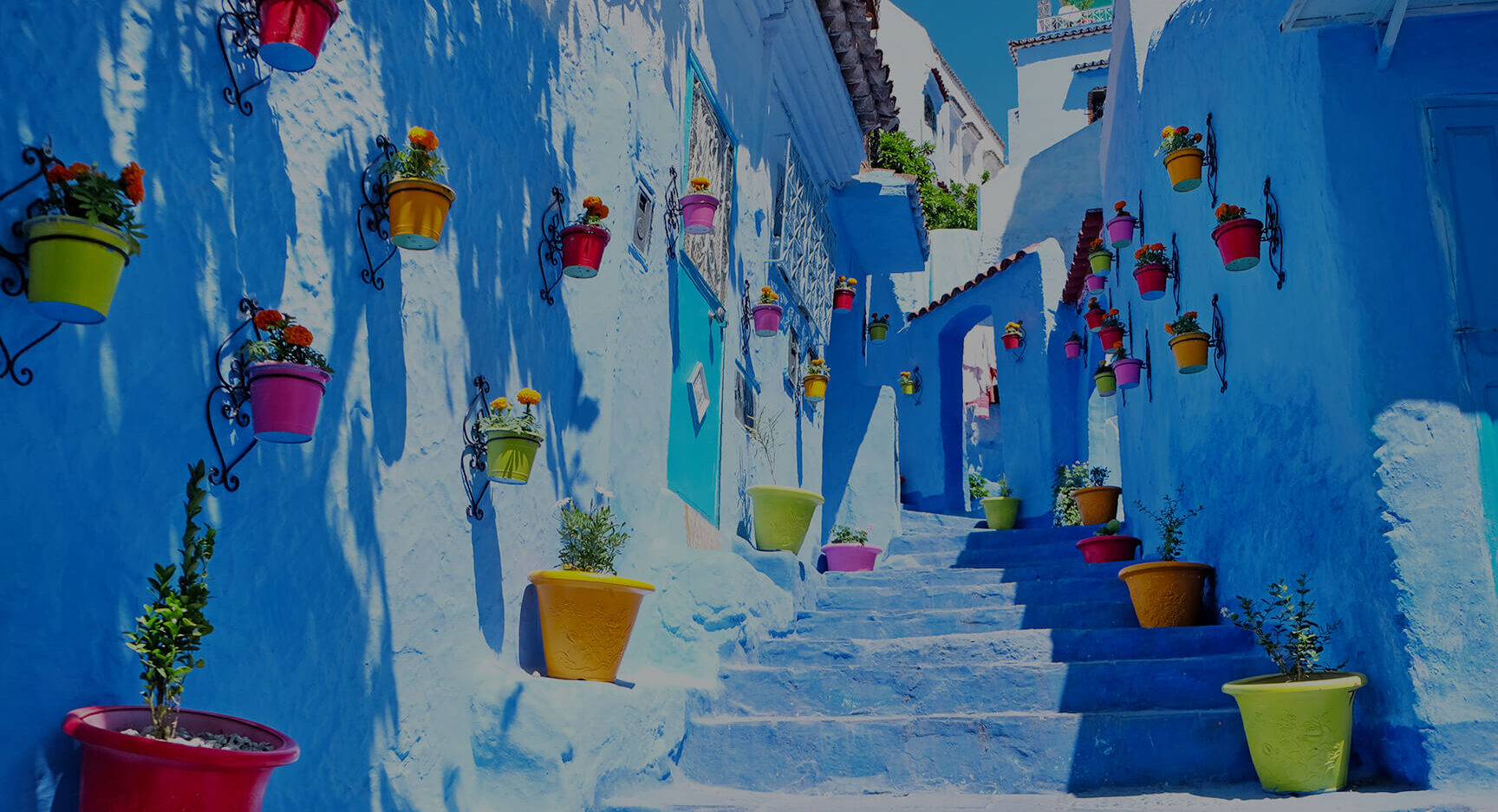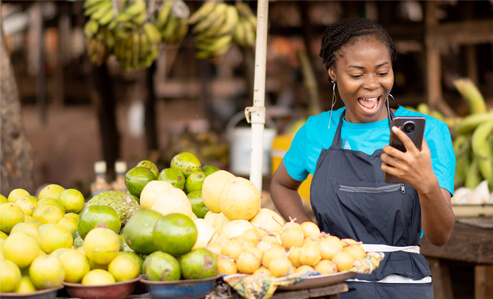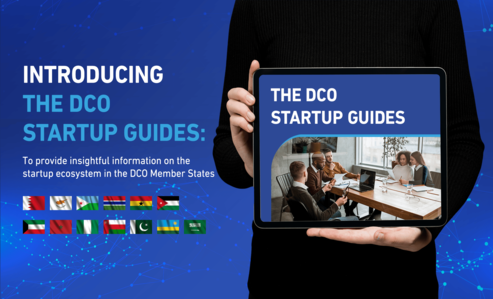Council member
Morocco
Morocco joined the Digital Cooperation Organization in April 2022 as its ninth member state.
The North African country is a major digital hub, with a high level of internet penetration (93%) and strong reputation as a start-up friendly destination. With a rapidly advancing digital transformation agenda, it is bearing the fruits of nearly 20 years of effort to position itself as a global leader in the digital economy.
Morocco has placed the development of IT services and skills at the heart of its National Initiative for Human Development agenda since 2005. A series of action plans since then, including e-Morocco 2010, Digital Morocco 2013, Digital Morocco 2020 and Horizon 2025, have brought together a range of initiatives to empower women, youth and entrepreneurs to realize the potential of the digital economy.
- In 2005, the e-Morocco 2010 strategy to guide the development of a knowledge economy built around emerging technologies was launched.
- In 2009, the National Strategy for Information Society and Digital Economy (Digital Morocco) was launched.
- In 2017, a dedicated digital development agency (Agence de Developpment du Digital) was created to execute digital strategies.
- In 2020, Morocco was ranked fourth among the MENA countries in the European Center for Digital Competitiveness.
- In 2020, the World Bank approved $500m to support Morocco’s financial and digital inclusion reforms.
- In 2022, officials confirmed the digitization of 2,700 administrative procedures.
- In 2022, Oracle announced the opening of a new R&D facility in the country.
- In 2022, The General Directorate of National Security (DGSN), Kingdom of Morocco, won the “African Excellence E-Government Award”, in recognition of the successful rollout of its new ID card program.
The successive strategies have proved highly successful, helping to establish a thriving digital ecosystem built around advanced technological infrastructure.
New training facilities such as 1337 in Khouribga are rolling out programing and computer science courses, while the government is ensuring digital literacy skills are prioritized within the regular educational curriculums. Public-private partnerships with international firms such as French telecoms company Orange have been effective at delivering vocational training opportunities. In this instance as engineers to service the roll-out and maintenance of fiber networks.
Additionally, the plans have also resulted in an overhaul of government services, resulting in an easy-to-use and inclusive e-service provision for the Moroccan people. The re-haul of these services resulted in end-to-end digital journeys for individuals and businesses, greatly increasing efficiencies when dealing with government entities.
From a regulatory perspective, Morocco has passed a range of laws to create a solid legal framework around key digital issues such as cybersecurity, sovereignty, and data protection. These steps, along with the country’s strategic location and fast-growing outsourcing sector have helped to attract investments from a range of multi-nationals. Recent successes include a partnership with US firm Oracle which opened an R&D facility in the Kingdom; the first of its kind in Africa.
While steps remain to fully realize the full ambitions of Morocco’s digital transformation agenda, the country’s ongoing success has helped generate significant opportunities for its people.






